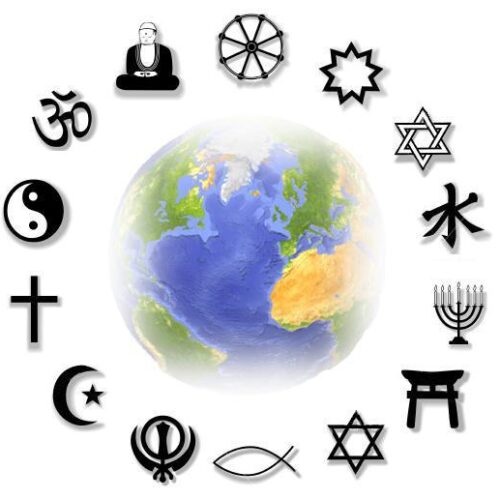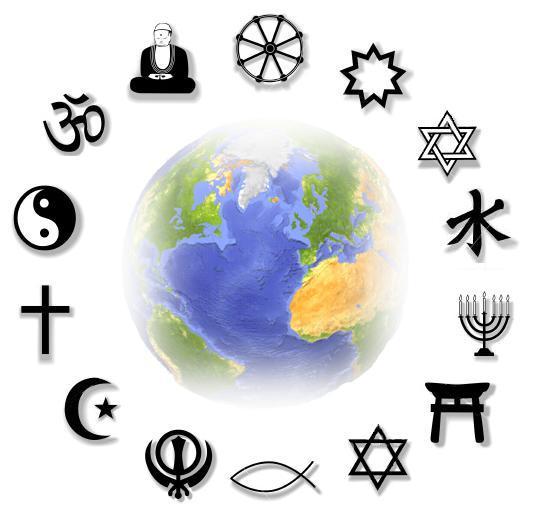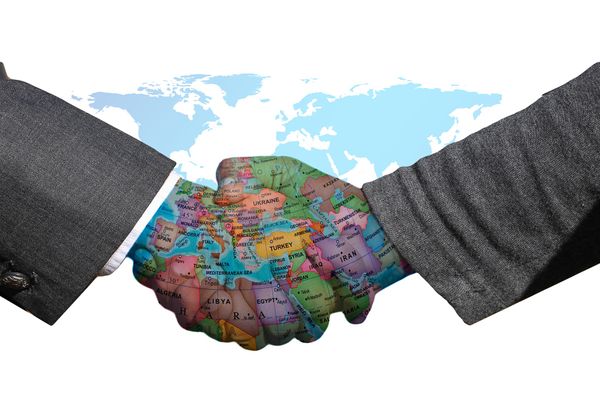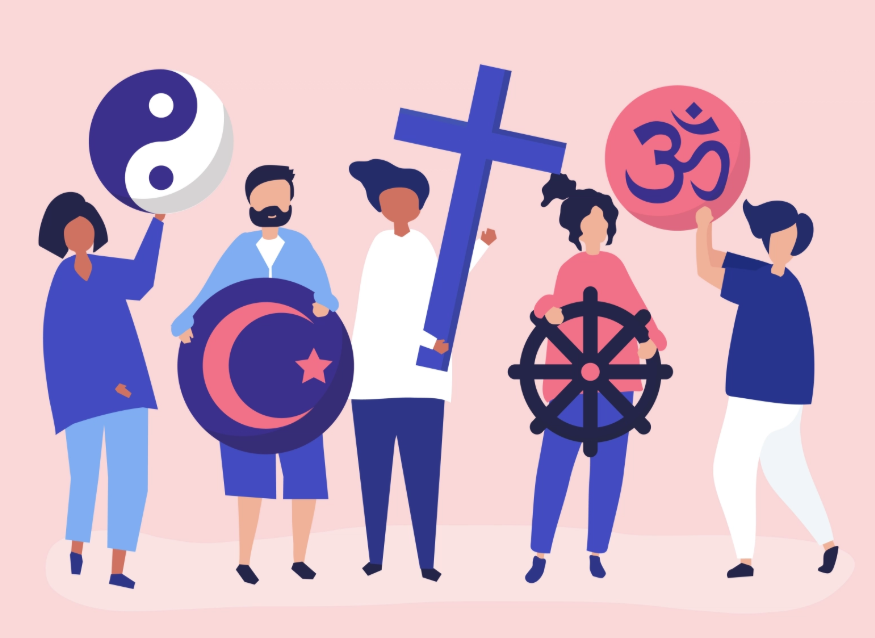The intricate relationship between religion and politics has been a subject of passionate debate throughout human history. In this modern era, the influence of monotheistic beliefs on political structures and decision-making processes are particularly noteworthy. Monotheism, characterized by the worship of one supreme deity, has profound implications on how power is perceived, authority is established, and governance is administered. This article delves into the captivating interplay between monotheism and politics, shedding light on unexplored perspectives and catalyzing reflective discussions.
Elucidating Monotheism’s Influence
Monotheism’s impact on politics lies at the core of societal values, moral frameworks, and the quest for ultimate truth. Starting from ancient civilizations to contemporary political landscapes, religious beliefs have often intertwined with political power dynamics. Within monotheistic traditions, obedience to a higher authority is ingrained, presenting an intriguing situation when the divine becomes entangled with the earthly realms of politics.
Unearthing Authority and Power
Religion, especially monotheism, plays a significant role in shaping the concept of authority within political systems. Divine authority empowers rulers to govern with an inherent moral legitimacy, elevating their status to that of a divine representative. This intertwining of spirituality and political power can simultaneously inspire awe and criticism among believers and non-believers alike. The divine right of kings, practiced in various forms across history, exemplifies the fusion of religious authority and political rule.
Navigating Moral Dilemmas
When monotheistic beliefs form the foundation of political processes, they inherently influence societal morals and ethical considerations. From shaping legislation and public policies to influencing personal conduct, religious doctrines find their way into the political realm. However, the collision of diverse beliefs and values within a pluralistic society raises nuanced questions concerning individual freedoms, minority rights, and the significance of separation between state and religion.
Global Implications and Conflicting Visions
The landscape of global politics is significantly shaped by monotheistic traditions, leading to a complex interplay of ideologies, geopolitics, and geopolitical strife. Historical examples, such as the Crusades or contemporary conflicts in the Middle East, illustrate the consequences of political decisions intertwined with religious fervor. These conflicts highlight the challenges of reconciling differing monotheistic viewpoints and the impact they have on political stability in our interconnected world.
Embracing Civic Discourse
In reflecting upon the influence of monotheism on politics, it is vital to foster an environment that encourages informed and inclusive civic discourse. Recognizing the diverse interpretations and expressions of faith within monotheistic traditions enriches discussions on political issues and helps bridge gaps between individuals with differing perspectives. Moreover, this dialogue promotes a nuanced understanding of the inherent tensions between religious beliefs and secular values in a democratic society.
Conclusion
Monotheism’s imprint on politics is far-reaching and multi-faceted, shaping authority, morals, and global dynamics. By exploring the interplay between religious influences and political landscapes, we gain a deeper understanding of our past and present, enabling us to envision a more inclusive and harmonious future. Embracing open dialogue and respectful exchange of ideas can pave the way for a society that balances faith and secularism, promoting the values of justice, equity, and compassion.
Let us embark on a journey of enlightened discussions and find common ground in the delicate dance between divinity and politics.

 Religion has long been a potent force shaping the trajectory of societies and their governance. In contemporary times,
Religion has long been a potent force shaping the trajectory of societies and their governance. In contemporary times,  Global Diplomacy and Conflict Resolution
Global Diplomacy and Conflict Resolution Secularism and Religious Freedom
Secularism and Religious Freedom